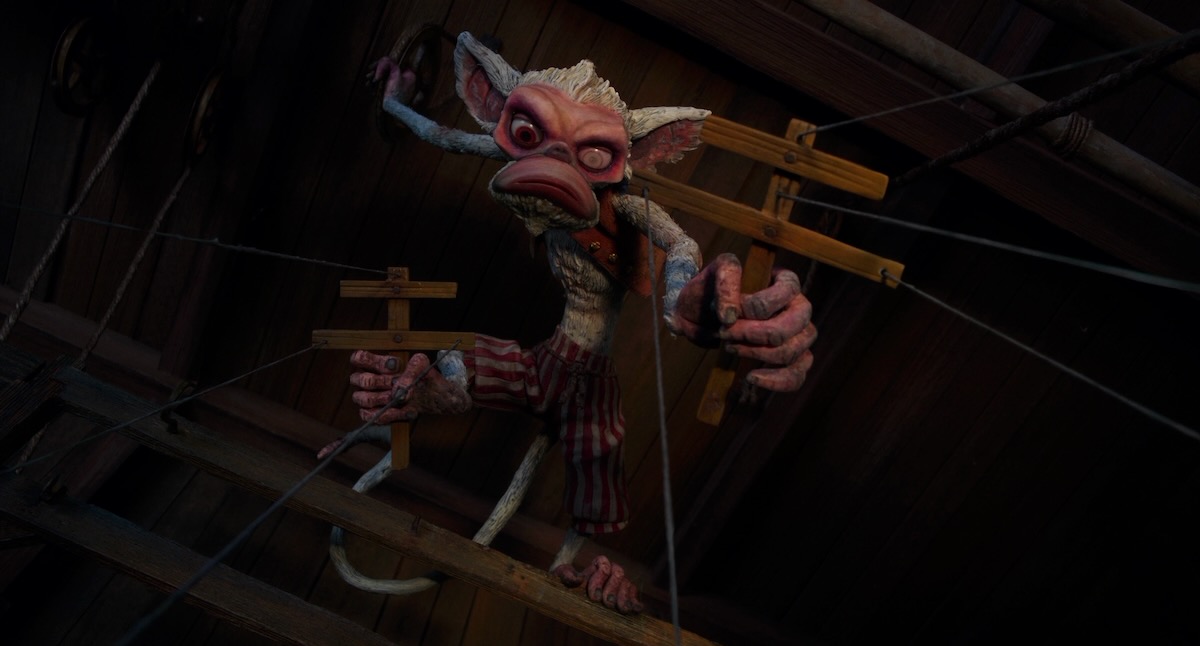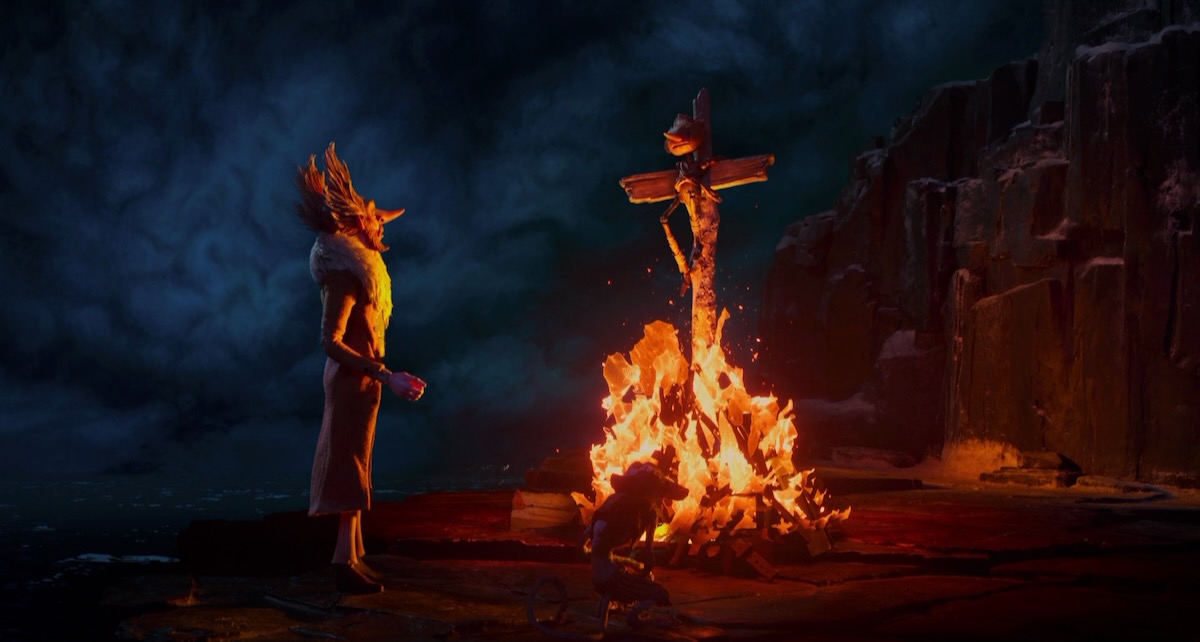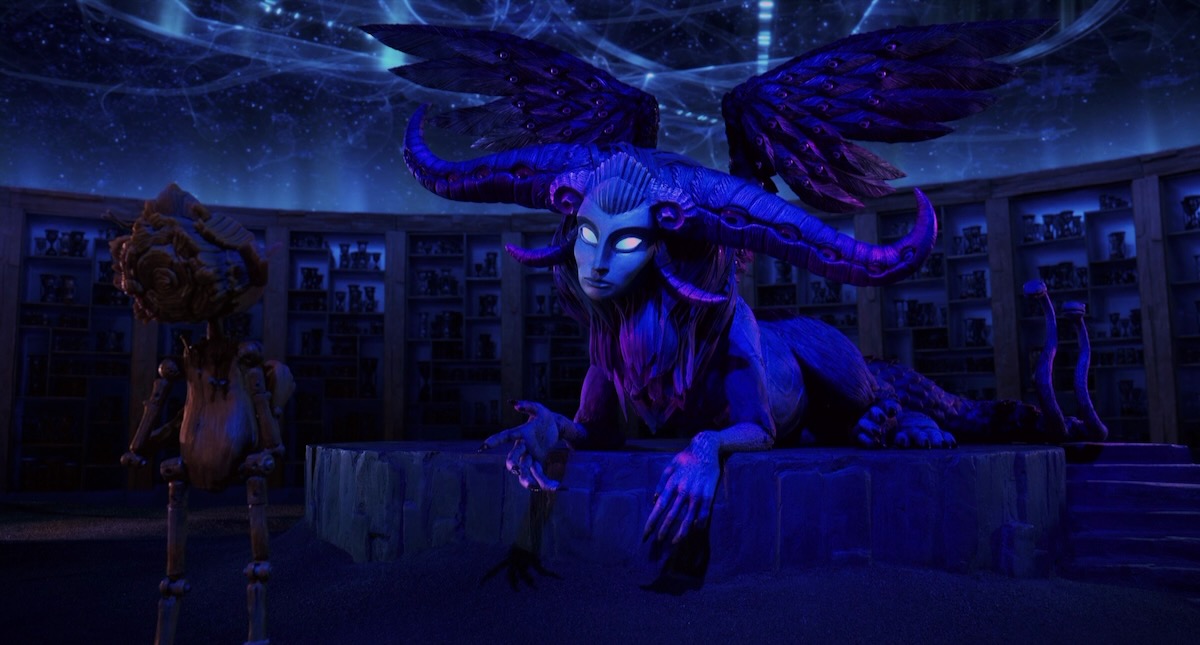Sure sure, I can slightly, vaguely, ever-so-minimally agree with some specific charges of political incorrectness and racial insensitivity I’ve read from online critics who would apparently prefer that Richard Gere make more movies instead of Tarantino. But Django Unchained was so awesome that even Katy loved it. Seems looser and less purposeful at times than his other movies, but that’s hard to say without having seen most of them in a long time.
Bounty Hunter Christoph Waltz (giving just as delicious a performance as in Inglorious Basterds, but this time as a good guy), the only non-racist in the slavery-era American south, frees Jamie “Django” Foxx from slave traders so Foxx can help identify and kill the Brittle Brothers. I figured from the trailer that they’d be more important, but they’re killed off a few scenes later with barely an introduction. Django stays on with Waltz, learning new strategies for killing villainous white men, until they come up with a plan to rescue D’s wife Kerry Washington from the estate of Leonardo DiCaprio. Many monologues follow, and when Leo gets wise to the scam, Waltz kills him (“I couldn’t resist”), leaving turncoat house-slave Samuel L. Jackson (the movie’s most hilarious performance) for Django to finish off. QT cameos as a doomed Australian.
A couple of quotes contradicting anything negative I said in the first paragraph:
Slant:
[Samuel L. Jackson] reveals himself as the film’s true enemy, a totally indoctrinated subordinate whose slave-subject mentality is so deeply inscribed that he acts out his master’s cruelty and viciousness even in his absence. He hints at the more complicated idea that the kind of violence Django trots out with decadent aplomb in the film’s finale is learned from white folks, a notion implied with more subtlety in the relationship between Django and Schultz. In visiting the film’s most protracted, and ultimately fulfilling, scenes of vengeance against a black man, Tarantino stumbled into his most intriguing social-historical corrective: a full-on reconsideration of classically defined algebra of Civil War antagonism, a counterintuitive take on the well-worn rivalry that pitted “brother against brother.”
A. Nayman:
Once again, in this deceptively baggy, ultimately precisely structured movie, the surface effect belies what’s going on underneath. The sight of two black men locked in a battle to the death at the behest of a white overseer is a tip-off to script’s true conflict. The expression of hatred on Jackson’s face as Django rides up to the inevitably named Candieland transcends the jokey Spaghetti Western posturing — it’s genuinely unnerving.






